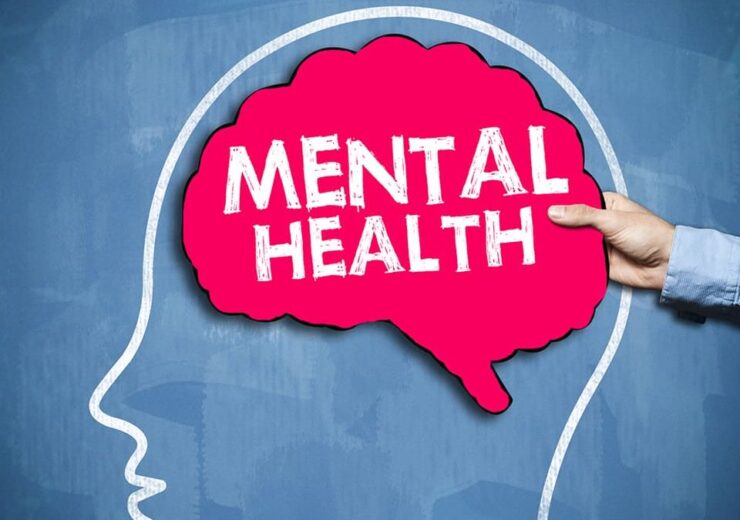From funny childhood memories to vacations and sports, typical family conversations often cover a wide variety of subjects. However, some topics tend to be viewed as taboo or unwelcome, even in trusted family circles. These may include things like politics, Aunt Wanda’s dating habits, and Grandpa’s toenail fungus. Unfortunately, mental health often lands in the “do not discuss” pile of topics as well, even though it shouldn’t be considered taboo.
Depression, anxiety, addiction, and other mental illnesses are quite common and nothing to be ashamed of. Many families have at least one member who wrestles with some sort of mental health issue. Being able to talk about it with a loved one can be therapeutic for the affected person. Acknowledging the problem with someone else is often the first step toward accepting professional help, as well. Here’s how to have conversations about mental health with your family members.
The Importance of Breaking the Mental Health Stigma

Think about how you’d react if a family member revealed an alarming cancer diagnosis. You’d most likely respond with words of sympathy and encouragement. You’d never scoff or look down on someone you love for having a problem with their physical health. So, why should matters of mental health be any different?
Historically, society has generally viewed people with mental illnesses as weak, “crazy,” or less desirable than someone considered “normal.” Fortunately, humankind has made big strides in the right direction by studying and discussing mental health more openly. However, there is still a long way to go in the effort to completely remove the stigma surrounding mental health. One of the most important things we can do to aid this effort is to have open, honest conversations on the topic.
If a loved one has a serious mental health problem, it’s not usually possible to overcome it without professional treatment. Someone with anxiety may respond well to medication and psychotherapy. Another person struggling with severe depression or addiction may need to go to a mental health rehab for treatment. These important interventions are less likely to happen if the affected person treats their mental illness like a secret. That’s why it’s so important to use the following tips to talk about mental health with your family members.
Choose a Safe Environment
It’s usually not a good idea to delve into potentially heavy topics in public. It’s difficult for most people to relax and open up when they know strangers could be listening in. Whether you’re preparing to reveal your own mental health issues or encouraging a family member to talk about theirs, choose someplace private. Suggestions include your own home, their home, or another similarly safe location.
It’s important to consider your loved one’s feelings before inviting the entire family to join your conversation. They may be hesitant to let everyone know the struggles they’ve been dealing with and might prefer to talk one-on-one.
It’s a good idea to reach out to the family member you’re worried about before meeting up with them. That way, you can let them know what you want to talk about so they aren’t taken by surprise. You can also use the opportunity to inquire if they want other family members to be there or not.
Never Be Accusatory

You never want to sound accusatory when talking to someone you love about their mental health. Don’t say things like, “I know there’s something wrong with you,” or “Why are you acting weird lately?” Instead, say things like, “You seem to be struggling with your recent divorce. Is there something you’d like to talk about?” or “I love you and am concerned about how withdrawn you’ve been lately. Is there an issue I can help you deal with?”
Watch for reactions as you carefully inquire about your loved one’s mental health. If they appear to be responding with anger or disbelief, back off. Let them know you’re not accusing them of anything and that you just want to make sure they’re happy and doing well. Remind them that family should watch out for each other and that’s all you’re trying to do.
If your loved one continues to avoid the topic of conversation, you may need to drop it for now. Inform them that you’ll always be there for them and that they can reach out when they feel ready. Know how to find outside help if a family member is a danger to themselves or others. Resources like 988 Suicide & Crisis Lifeline and Veterans Crisis Line offer support for people in distress.
Don’t Compare Experiences

When bringing up the topic of mental health, it can be tempting to share a similar situation of your own. This can sometimes be helpful, but be careful not to make the mistake of comparing your situation to theirs. You don’t want to insinuate that you expect them to get through their mental health issues the same way you did.
Everyone is different, and no two people respond to similar situations in exactly the same way. Often, the most important thing you can do is listen, rather than do all the talking yourself. If you feel it’s appropriate to recount your own experience, try not to lecture your family member on what they should do.
Acknowledge that you don’t know exactly what they’re going through or the best course of action for them to take. However, you feel that your lived experiences could give them insights they may not have considered yet.
Mental health can be a delicate subject to talk about, but that doesn’t mean it should be avoided. If you or a family member is struggling with mental illness, bringing it into the light is an important step in the right direction. Use these tips to talk about mental health so you can give needed support to those you care about most.

